With drought continuing to affect the valley and our concerns rising about having enough water for our tourism project, in August 2022 we enlisted the help of some water diviners to help us dig a borehole in the best possible spot.
You can hear what happened in S2:Ep11 - Digging Deep which is on this feed.
TRANSCRIPT…
Drought is on many people’s minds at the moment, but hosepipe bans are the least of our worries living off the grid in remote rural Portugal, where there’s no water company to call if the taps run dry.
We conserve water obsessively and are still drinking rainwater from the April showers, but we need to think a bit bigger and secure ourselves a reliable supply.
The water we inherited contains a lot of minerals and so there’s nothing we’d love more right now than an endless supply of clean water bursting out of the ground backlit and cascading in slow motion.
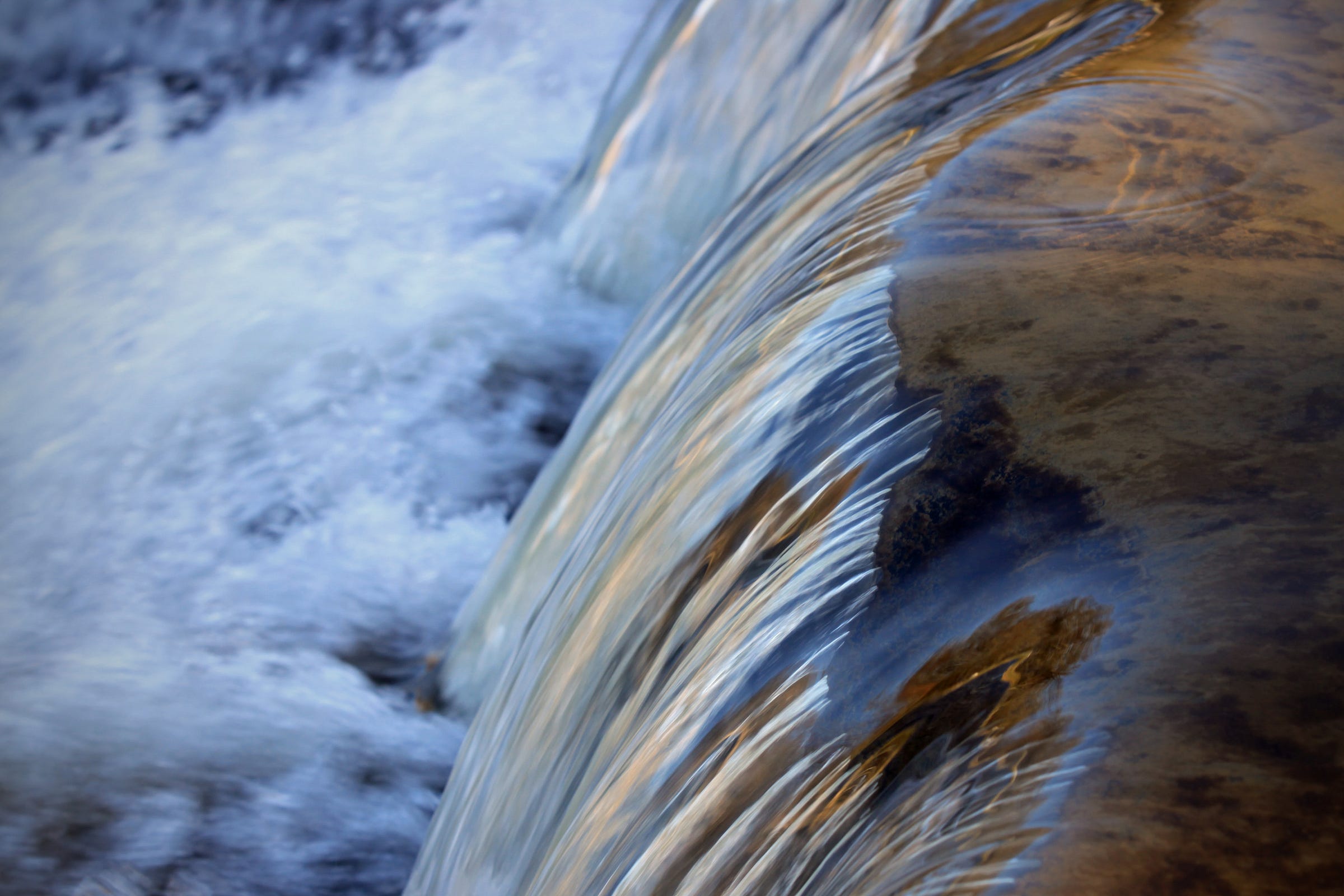
Wells run dry, but boreholes have greater longevity – it’s just they don’t come cheap.
And digging a successful borehole appears to be like rolling a dice or spinning a roulette wheel, where the only control you have over a high-stakes gamble is which good luck charm to choose.
Finding underground water should be a science, but apparently it’s more of an art – and there are a lot of people out there who think their way is the only way, and that anyone else is either a conman or a charlatan.
But there is one thing most can agree on: everyone in the water divining business is a little...odd.
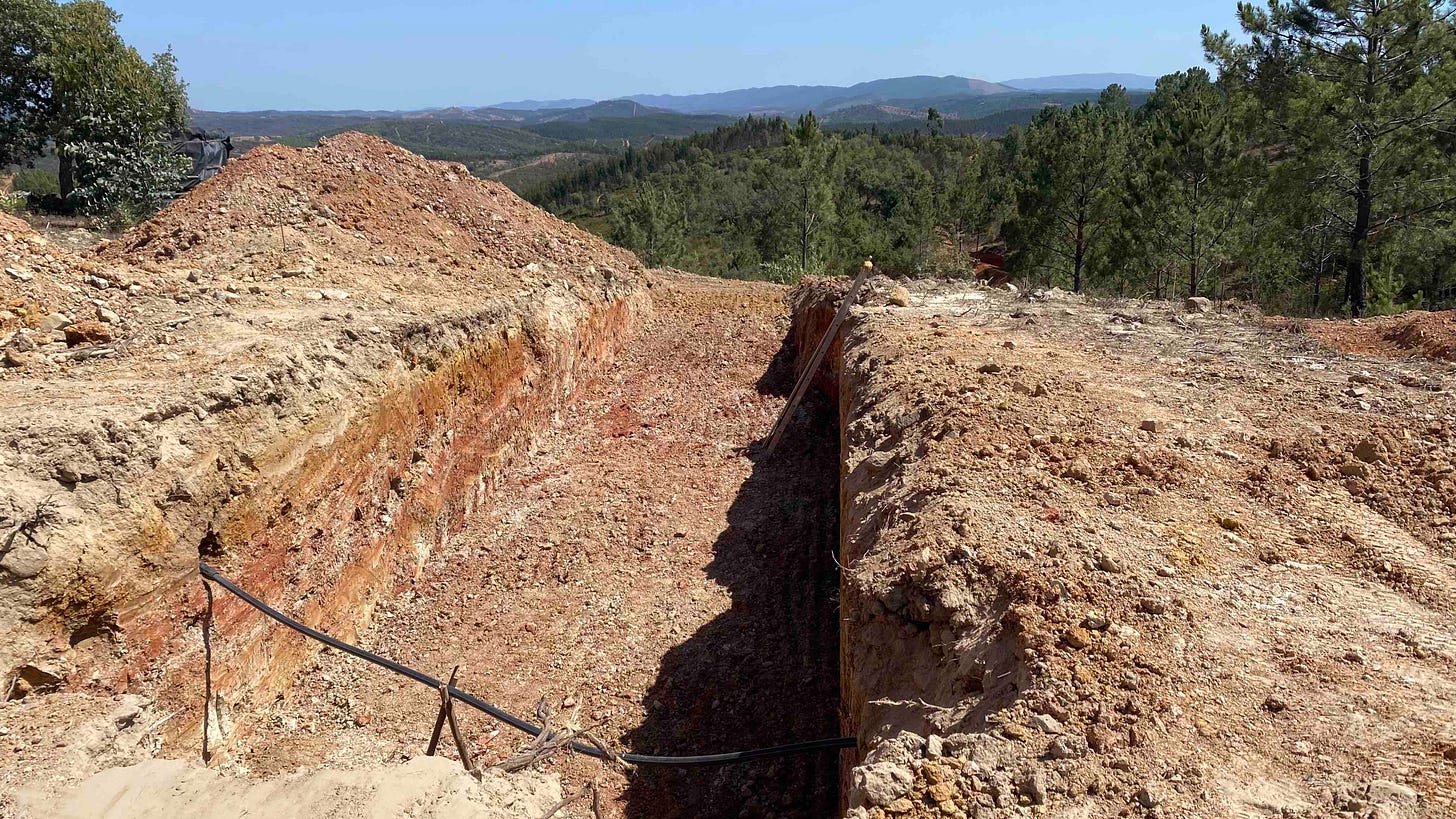
We have been talking to borehole experts since we arrived here two years ago – trying to find the right person with the best information to dig a very deep but quite expensive hole for us and solve our water worries forever.
One of them pulled out his divining rods, showed us videos of him dancing shirtless and speaking the local lingo with some villagers in rural Angola, and then pointed at the place where our current borehole is and said the rocks and the quartz proved this was a good place to find water.
I wasn’t terribly impressed by his divining intervention that we could find water where we knew there was already water, but hey.
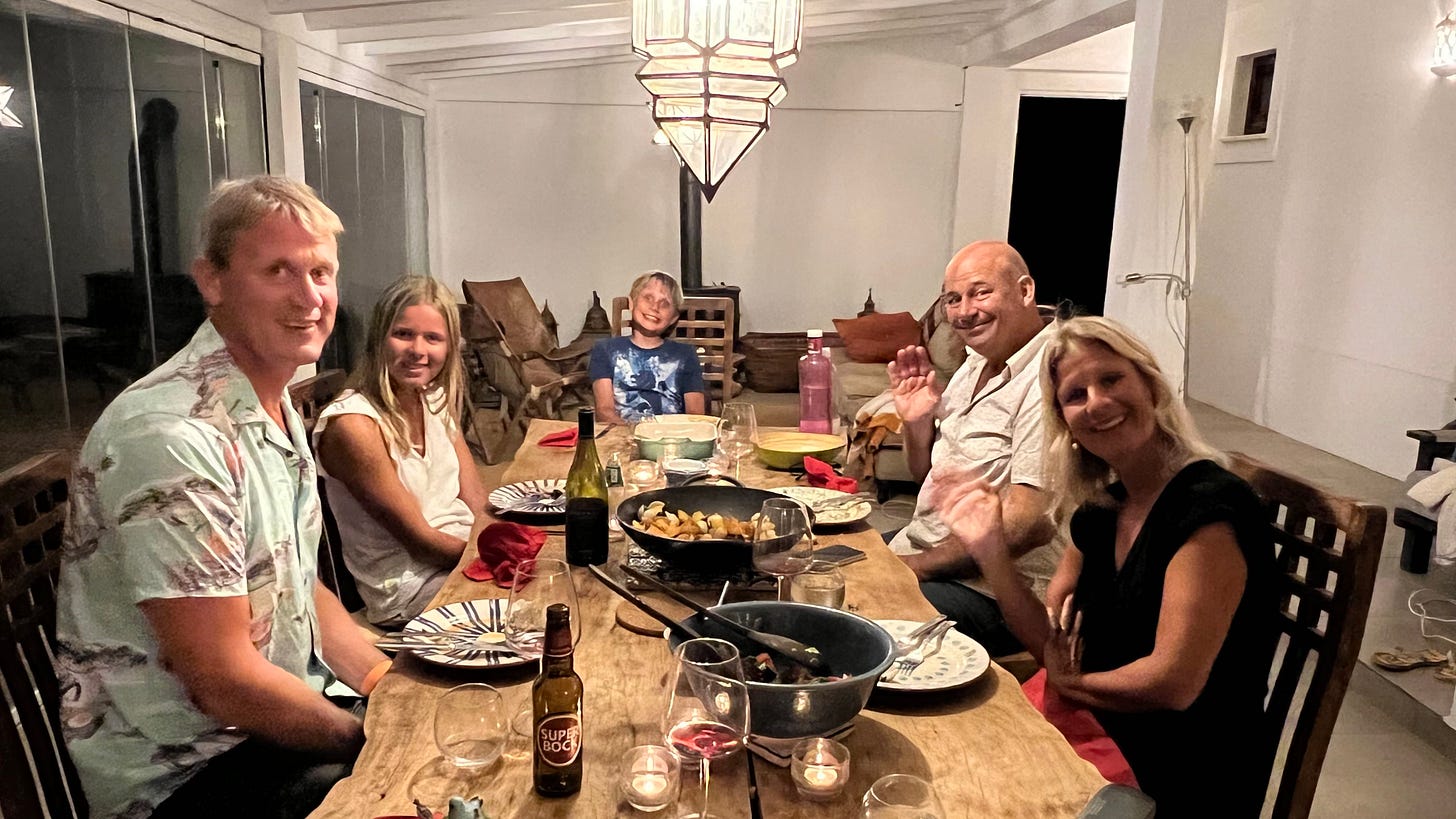
The next guy went heavy on the “everyone else is rubbish” routine, promising only he could deliver with his fantastic drilling rig and without a divining rod in sight.
The risky nature of this business is that most diggers will charge thousands of euros for cutting scores of metres through granite and schist with diamond-tipped drills...whether they find water or not.
The stakes are high and so everyone who has picked their lucky charm and struck a fountain loves their guy and recommends their guy.
It’s a bit like the tip for buying a second hand car from some bloke off Facebook: you’re buying the person rather than the vehicle (RIP Millicent the Land Rover Freelander).

Our friends found so much water thanks to no-shirt-Angola-divining-rod-guy that they don’t know what to do with it all.
And on that basis we asked him to apply for a borehole license and do the digging for us.
Many weeks later the license was issued and exactly as the first section of his drilling rig was being delivered, serendipity (or possibly zemblanity) stepped in and took the form of an old-school local water expert who’d come to advise our neighbour.
On hearing the name of our chosen digger he shook his head and held his face in his hands: “not him” he said, before rattling off a series of examples of how he had not only failed to find water but had ripped off foreigners in the process.
Panic set in: we had paid a deposit, the drill engine had already arrived...but were we going to be ripped off? Would we pay for nothing?
The local expert told us about a brand new technique which used electromagnetic waves to conclusively find water and urged us to think very carefully about our decision – for only €1,300 plus VAT we could remove the risk and beat the dealer.
Oh, we thought, now we’re talking.
In a second surge of serendipity another neighbour had just struck water courtesy of a man whose body ached when he walked over streams, and had a guaranteed “I’ll find water” arrangement.
We put no-shirt guy on hold in the interest of more research, he promised to refund most of the deposit and so we invited electromagnetic “Sensor Man” over.
After years of being a foreign correspondent I approach many things with a healthy dose of scepticism – especially after coming across cases in Iraq of detectors not doing what was promised.
Enter the man with a good story and an interesting piece of kit which apparently can identify the absolutely best place to dig for water.
Just as a bit of background, it is extremely difficult to predict exactly where or how much water is contained in an underground aquifer.
I looked into this in some detail while living and working for the BBC in California and covering the story of a four-year drought and how thirsty almond trees were driving farmers to dig even deeper – it took me to NASA for a satellite solution.

It’s worth watching if only for the video footage of almond trees being harvested.
Since that was made it seems the tech is holding up and is providing great data about the content of surface water, root water and deep groundwater.
Anyway, back to Sensor Man who introduced me to the GER Detect River G system.
I didn’t understand his explanation about how it worked, but that could have been lost in translation...but when I Googled it, the company also claims to magically find gold and diamonds.
Wow. We could strike water and precious metal...and they have developed a carbon detector that can distinguish which carbon it can find...amazing...I must tell NASA.
Check them out and see what you think. The video is quite special, and where I don’t want to influence your judgement, I personally never trust a badly edited man behind a desk who doesn’t fasten his top button.
I drafted in scientist and ionizing radiation expert Niels, to help with the research on this one and his first response was: “if somebody writes in huge letters 'Sensor' on a device I immediately suspect fraud...until proven otherwise.”
After some of his own digging, he went on: “They're trying to mimic a ground radar device but are very particular in not explaining the working principle.
“They mention 'ionic radiation' – well, there’s no such thing of course but there is the very similar sounding 'ionizing radiation' which is my field of specialty, and let me tell you, that is something so completely different.”
And as Sibylle added the observation that it’s a German company which doesn’t have a German language website and is registered in India.
You can find them on Amazon too, but the reviews are not favourable.
So let’s just say that one isn’t going to work for us.
At the moment we’re more focussed on getting our deposit back and waiting for shaking body man to rock up and give us another quote...but he’s got a broke digger.

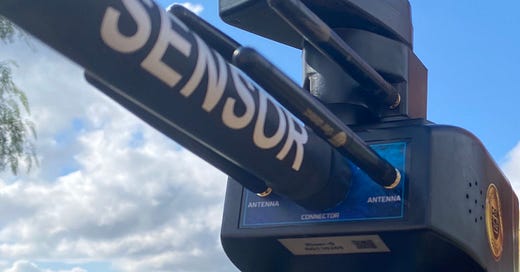



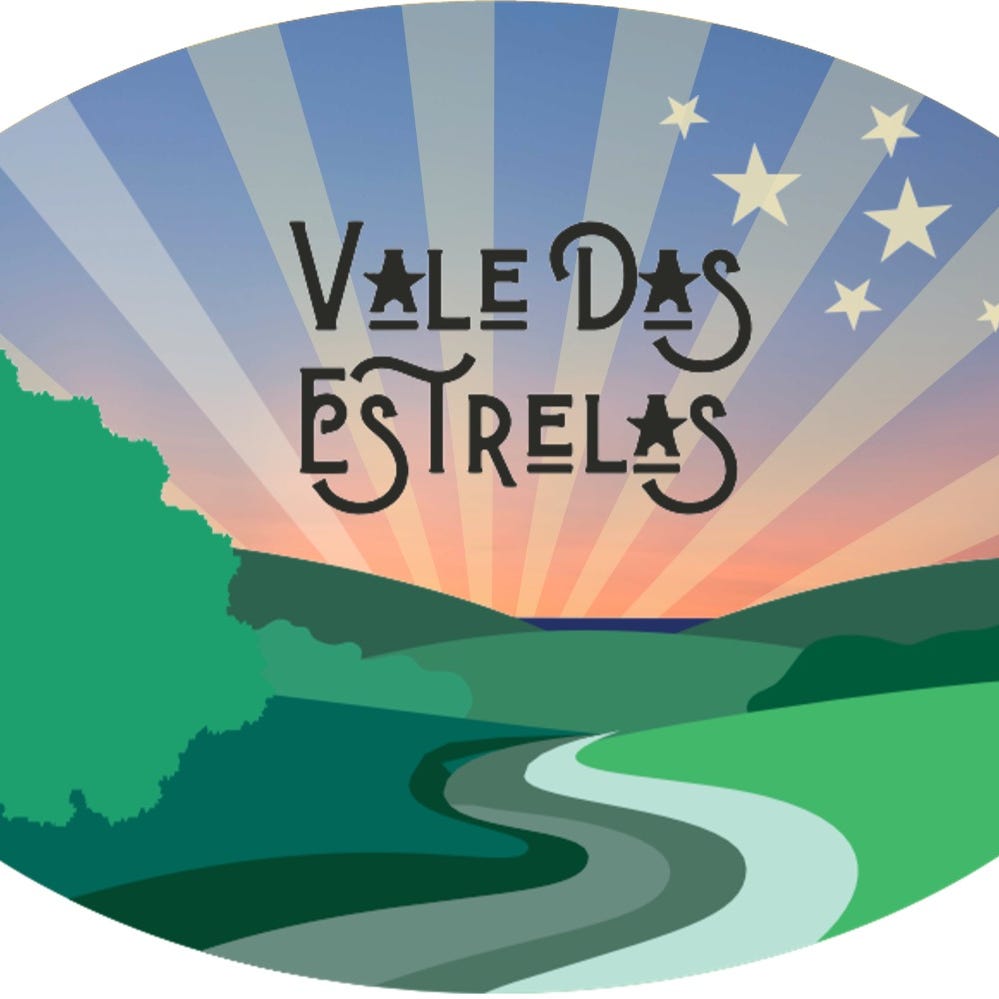


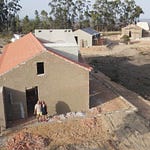

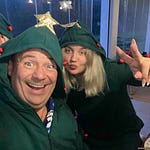
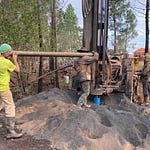
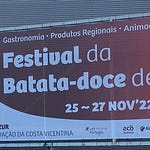

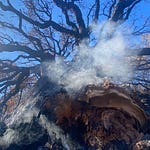
Share this post